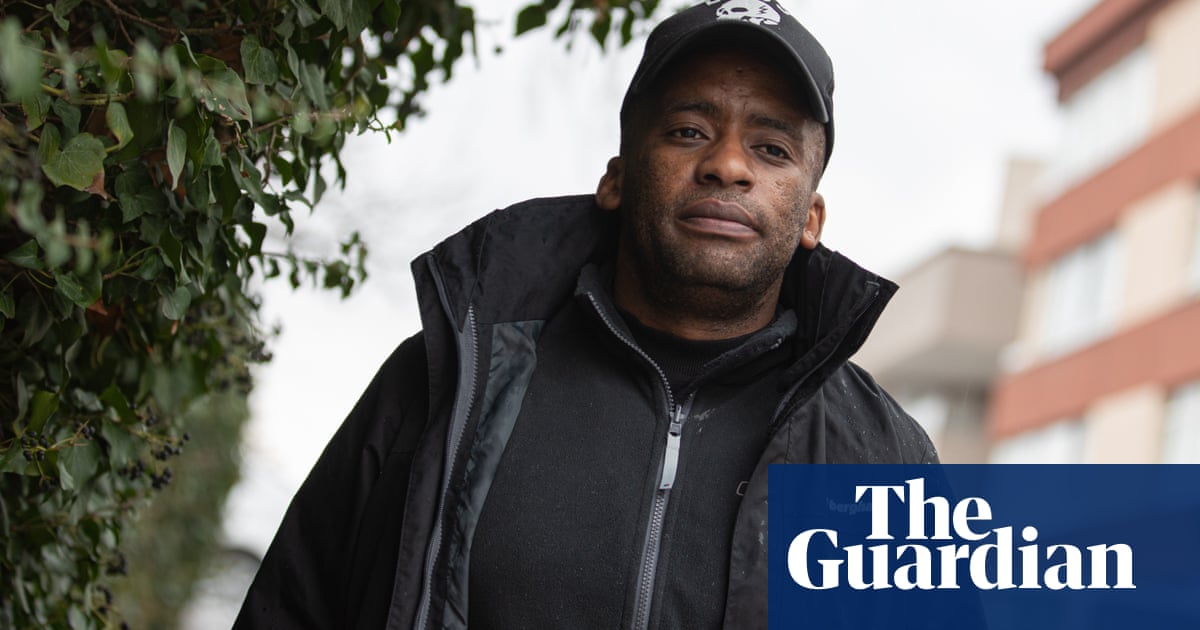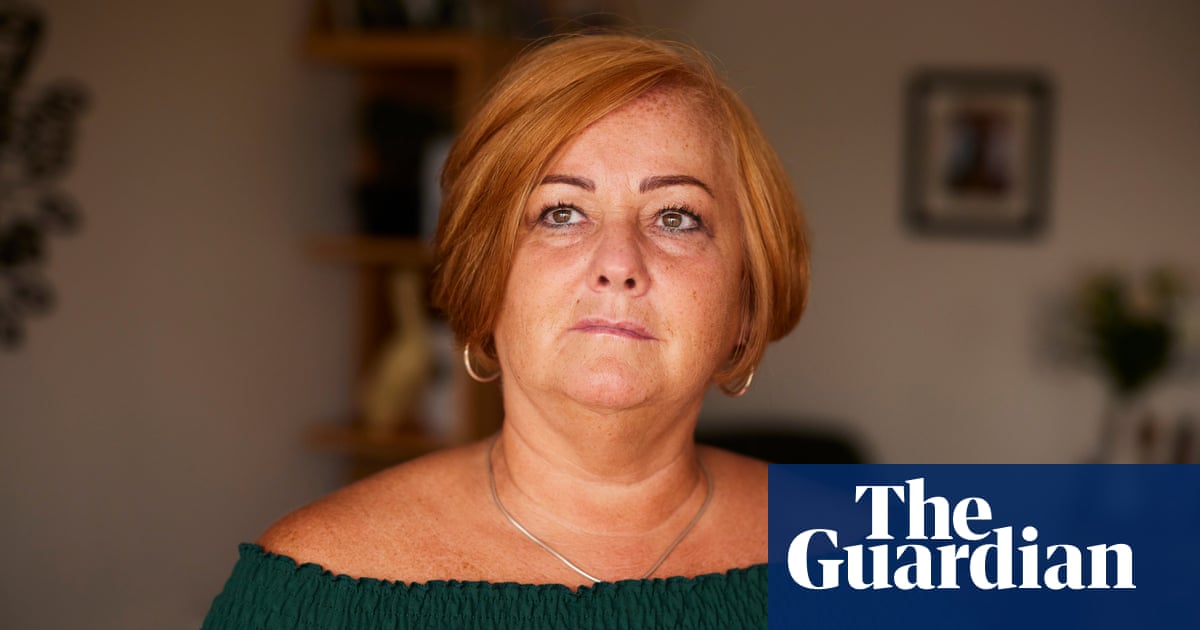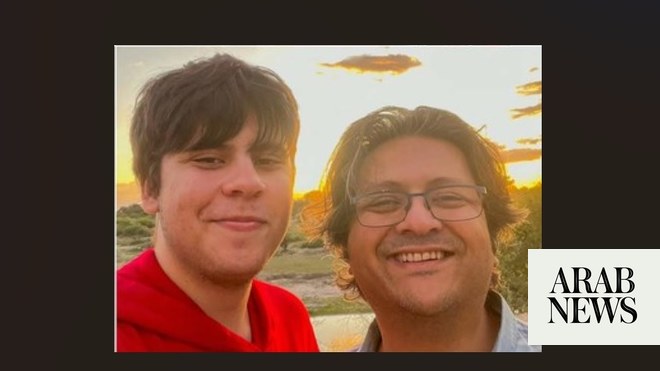
DUBAI: While Crown Prince Mohammed bin Salman’s upcoming visit to Pakistan is expected to bring billions of dollars in investment to the country, a Saudi father and son have been playing their part making life easier for ordinary Pakistanis.
Dr. Farook Rasheed Farooki offers health care to the rural poor through mobile health units in northern Pakistan, while his son Omar is running a pilot project that provides science, technology, engineering and maths education.
“Whatever my son and I are doing for Pakistan is a token of love from a Saudi family to the people of Pakistan,” Farooki explained. “I am blessed that Allah has chosen us for this noble task.”
Omar shares his father’s sense of mission. “Pakistan and Saudi Arabia are blood brothers. Our faith, culture and tradition connect us like no other countries,” he said.
Their story began in 1969 when Farooki, then a young doctor, moved to Jeddah from Kashmir in Pakistan in search of a better life. His hard work and humility won him love and respect, and the Saudi government decided to award him citizenship.
Farooki calls himself a proud Saudi who loves Jeddah, his home of 50 years. “This city has given me a life beyond my dreams: Love, respect, warmth, a perfect career, peace — what else could a man want?”
He began his medical career at King Faisal Specialist Hospital and Research Center. After eight years there, he set up his own treatment centers in Jeddah. When these became successful, Farooki decided to “give something back” to the country of his birth.
“What better way than providing people with quality health care at their doorstep?” he said. “Meeting Pakistani people in Jeddah, I used to hear lots of painful stories about how people in villages suffered because of a lack of health facilities.”
Three years ago, with the support of his friends, the doctor launched the mobile health units, which are organized in medical camps to provide basic health care.
The growing demand means Farooki is looking to raise funds for six more mobile health units. “Camps meant to provide services for a few hours often go beyond time because of long queues. It is difficult to manage with limited resources.”
Pakistan, the world’s sixth-most populous nation, still struggles to provide basic health care for its increasing population. According to a UK government report, more than 65 percent of rural people lack access to basic health facilities.
Omar, Farooki’s eldest son, is amazed by his 78-year-old father’s energy. “I never imagined that at his age, when most people prefer a relaxed retirement, he would take on such a responsibility,” he said.
Dr. Farook Farooki describes his work with mobile health units in isolated and poor areas of northern Pakistan as “a noble task.” (Arab News Pakistan photo)
Omar was born and raised in Jeddah, and went to school in the city before moving to the UK and then the US to study. Inspired by his father, he left a job as an investment banker to establish a company in Dubai that provides children with education.
According to UNESCO, Pakistan has more “out-of-school” children than any country except Nigeria. Up to 44 percent of 52 million Pakistani children aged between
5 and 16 fail to attend school.
“Technology education is the only solution to a country like Pakistan,” Omar said. “It will bring more children to education, and also empower them to take on new challenges in the job market.”
In the next two months, Omar plans to launch classes on topics such as a robotics and coding in major centers such as Karachi. Schools will be established across the country by the end of the year.
Omar is prepared for the challenges ahead. “For me, it is a chance to bring about change.”
His father agrees that working in Pakistan can be difficult, but that does not deter him. “I am ready to take the message of love and peace from Jeddah to Pakistan” he said.












